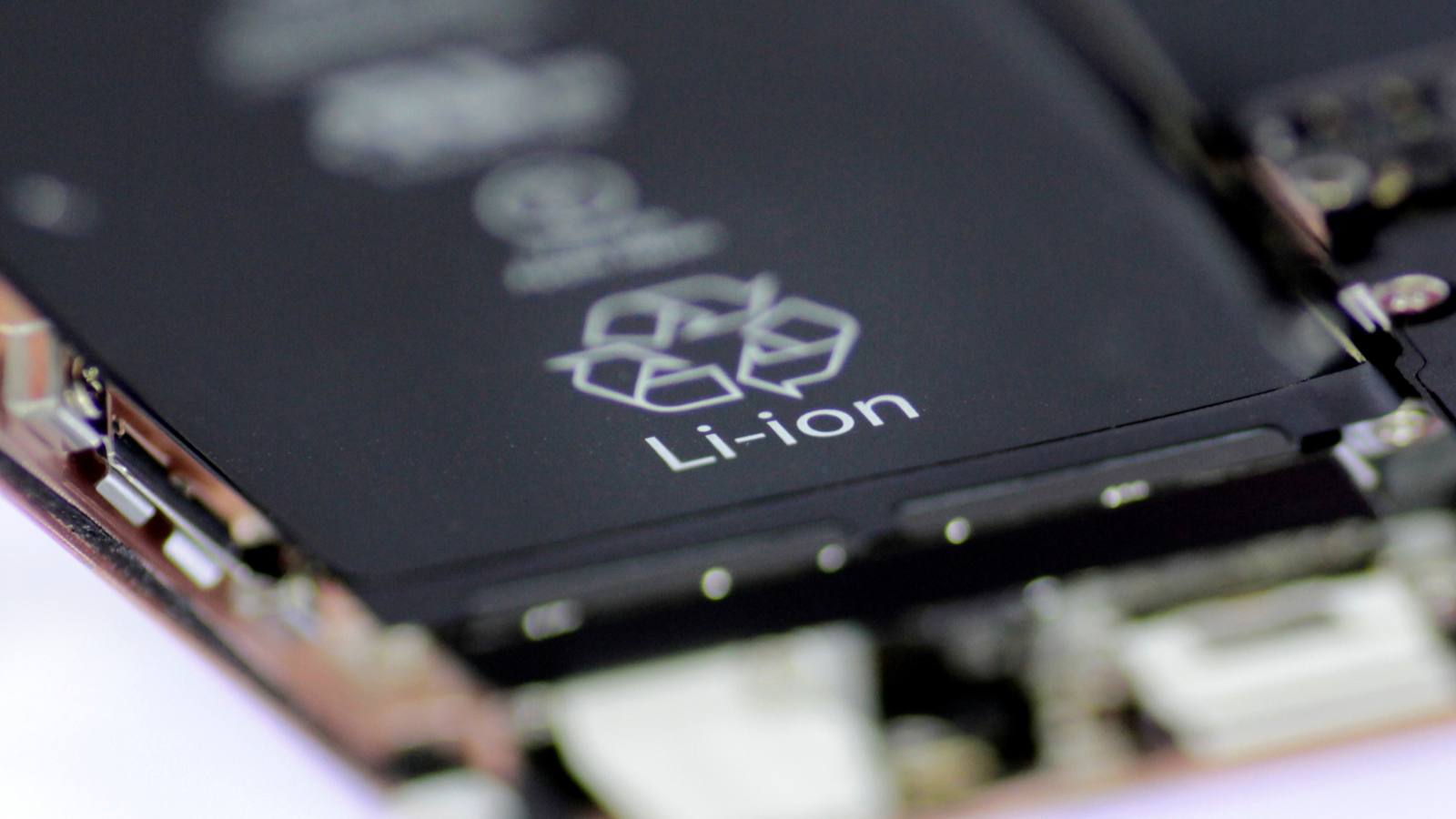Toyota's new solid-state battery to recharge for 10 minutes debuts in 2021
Next year Toyota has a plan of coming up with a reliable battery that can fully recharge in 10 minutes. It means your trip of 500 km can charge once. The battery is safe


Next year Toyota has a plan of coming up with a reliable battery that can fully recharge in 10 minutes. It means your trip of 500 km can charge once. The battery is safe, and the auto company says this will be a win not only for electric cars but for the EV industry at large.
The advances in technology help solve the challenges facing the electric industry that depend on lithium-ion batteries that can only offer a short-range on a single charge. The time you have to sit for your car to recharge is a concern; however, the game is changing for good with the new solid-state battery. Toyota plans to be the first automotive company to equip with a solid-state battery in 2021. The prototype will unveil next year.
Toyota is developing EVs that can cover double the convectional lithium-ion battery's range with the same conditions. The interior space will be unchanged. Solid-state batteries are an alternative to lithium-ion batteries that use an aqueous electrolyte solution. The innovation will flatten fire cases that occur in the EV industry, as well as the energy density, which measures the energy the battery can give in comparison to its weight. The solid-state battery only takes 10 minutes to charge, therefore reducing the charge time by almost two-thirds. The battery can also extend the driving distance of a compact EV and still maintains its legroom.
Currently, Toyota has close to 1,000 patents of solid-state batteries, while Nissan plans to have its solid-state battery by 2028, the battery will be non-simulation. The move to have battery technology will affect the company's supply chains. The material makers are working extra hard to make the necessary infrastructures to supply the automakers. Mitsui Mining and smelting(Mitsui Kinzoku) will start its pilot facility to make solid electrolytes for the batteries. The site can produce tons of electrolytes yearly starting next year to fulfill orders for prototypes.
The oil companies are not left behind as well; Idemitsu Kosan is installing solid electrolytes and plans to start operation in 2021. For you to manufacture the electrolytes, you must solidify sulfides, mainly metal and chemical. Japanese manufacturers like Sony and Panasonic have been pioneers in commercializing battery cells for vehicles. However, since the late 2000s, Chinese rivals have overpowered the Japanese. Contemporary Amperex Technology Co. Limited, also known as CATL, is currently the world's largest supplier of Lithium-ion. Japan's Asahi Kasei was a boss in battery separation material surrendered in 2019 to Shanghai Energy.
The electric future is drawing close, and there is a need to shift from carbon emissions. The Japanese government encourages its citizens to come up with solid-state batteries instead of depending on the Chinese. The Japanese government is putting together a fund of about 2 trillion yen ($19.2 billion) to support decarbonization technology. Policymakers are also considering using those funds to provide subsidies of hundreds of billions of yen that will fund the development of the new batteries.
The common goal is to support the development of mass-production infrastructure in the streets of Japan. Because solid-state batteries use lithium, an element with limited global reserves, the government will procure the material. And the rest of the world is copying. Germany's VW plans to produce solid-state batteries as soon as 2025 in union with the U.S startup. Chinese tech group Qingdao (Kunshan) Energy Development plans to spend over 1 billion yuan ($153 million) on the R&D of solid-state batteries, among other areas. The investment can last for three years starting 2021.




